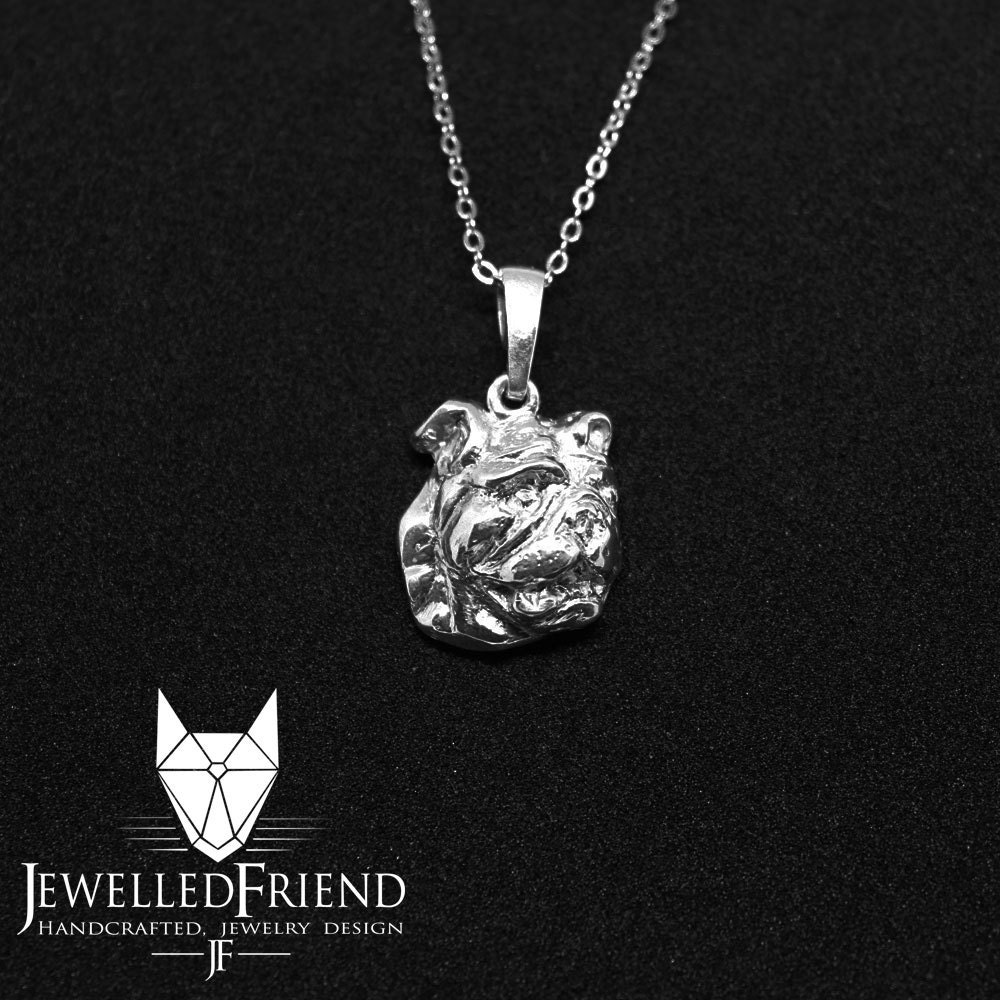Bulldog allergies
Table of Contents
Table of Contents
If you’re the owner of a bulldog, then it’s essential to understand bulldog allergies. As with any other dog breed, allergies can have a severe impact on a bulldog’s health and well-being. From food-related allergies to environmental allergens, it’s important to know the symptoms, triggers, and treatments to ensure your bulldog is happy and healthy.
Bulldog Allergies Pain Points
Bulldog allergies can cause a range of symptoms, from mild to severe. These symptoms can include itching, watery eyes, sneezing, vomiting, and diarrhea. Allergies can make your bulldog uncomfortable or even miserable, leading to a lower quality of life.
What are Bulldog Allergies?
Bulldog allergies occur when the immune system overreacts to a particular substance, such as food, dust, pollen, or mold. When the immune system perceives these substances as a threat, it releases histamines and other chemicals to fight the “invader.” These chemicals can cause symptoms such as itching, swelling, and inflammation.
Summary of Bulldog Allergies
In summary, bulldog allergies are a common health concern that can impact your bulldog’s quality of life. Symptoms can vary from mild to severe, and there are various triggers, including food, environmental allergens, and flea bites. It’s essential to identify the allergen and work with your veterinarian to develop a treatment plan that addresses the symptoms and underlying cause.
Symptoms of Bulldog Allergies
One of the most common symptoms of bulldog allergies is itching, particularly around the face, feet, and groin. Bulldogs can also experience skin redness, swelling, and hair loss due to excessive scratching or biting. Other symptoms can include watery eyes, sneezing, and coughing. In severe allergic reactions, your bulldog may experience vomiting, diarrhea, or difficulty breathing.
As a bulldog owner, it’s essential to keep an eye out for these symptoms and talk to your veterinarian if you notice any changes in your dog’s behavior or health.
Common Allergens for Bulldogs
There are various allergens that can trigger a reaction in bulldogs. These can include:
- Fleas or mites
- Dust or pollen
- Mold or mildew
- Certain foods or food ingredients
- Chemicals in cleaning products or grooming supplies
Identifying the specific allergen is an important step in managing bulldog allergies. Your veterinarian may recommend allergy testing to determine the cause of your bulldog’s symptoms.
Treating Bulldog Allergies
There are various treatment options available for bulldog allergies, depending on the severity and underlying cause of the symptoms. Your veterinarian may recommend medications to manage the symptoms, such as antihistamines or steroids. In some cases, dietary changes may be necessary to address food-related allergies or intolerances.
Additionally, avoiding the allergen when possible can be an effective way to manage bulldog allergies. For example, if your bulldog is allergic to a particular type of pollen, keeping them indoors during peak pollen season can help prevent symptoms from occurring.
Question and Answer
Q: Can bulldogs be allergic to certain types of proteins in food?
A: Yes, bulldogs can develop allergies or intolerances to certain types of proteins in food, such as chicken or beef. It’s essential to work with your veterinarian to identify the underlying cause of your bulldog’s symptoms and develop a dietary plan that addresses their needs.
Q: Are there any natural remedies for bulldog allergies?
A: While natural remedies such as honey or coconut oil may provide some relief for mild symptoms, it’s essential to work with your veterinarian to develop a comprehensive treatment plan for bulldog allergies.
Q: Can bulldog allergies be prevented?
A: While it’s not always possible to prevent bulldog allergies, there are steps you can take to reduce the risk of exposure to common allergens. Regular grooming, cleaning, and vacuuming can help reduce dust and pet dander in the home. Additionally, keeping your bulldog on a healthy and balanced diet can support their immune system and overall health.
Q: How long does it take to see an improvement in bulldog allergy symptoms?
A: The timeline for improvement in bulldog allergy symptoms can vary depending on the severity and underlying cause of the symptoms. In some cases, you may see improvement within a few days of starting treatment. In other cases, it may take several weeks or even months to see a significant improvement.
Conclusion of Bulldog Allergies
As a bulldog owner, understanding bulldog allergies can help ensure your dog’s health and well-being. By identifying the symptoms, triggers, and treatment options, you can work with your veterinarian to develop an effective treatment plan that addresses your bulldog’s individual needs.
Gallery
My French Bulldog Is Allergic To Grass - What To Do!

Photo Credit by: bing.com / allergies allergic
Bulldog Allergies: Avoiding Food Allergies In Bulldogs - BulldogGuide.com

Photo Credit by: bing.com / bulldog allergies food dog bulldogs avoiding tackle aware common them
Bulldog Allergies - Causes And Treatments - Barking Royalty | Dog Skin Allergies, Allergy

Photo Credit by: bing.com / allergies bulldog dog barkingroyalty
English Bulldog Allergies | Welcome To Sandov’s English Bulldog

Photo Credit by: bing.com / bulldog allergies
Bulldog Allergies: Avoiding Food Allergies In Bulldogs - BulldogGuide.com

Photo Credit by: bing.com / allergies bulldog food bulldogs symptoms





